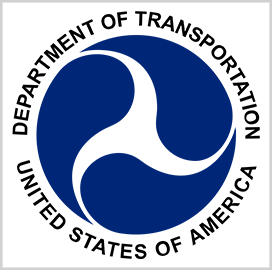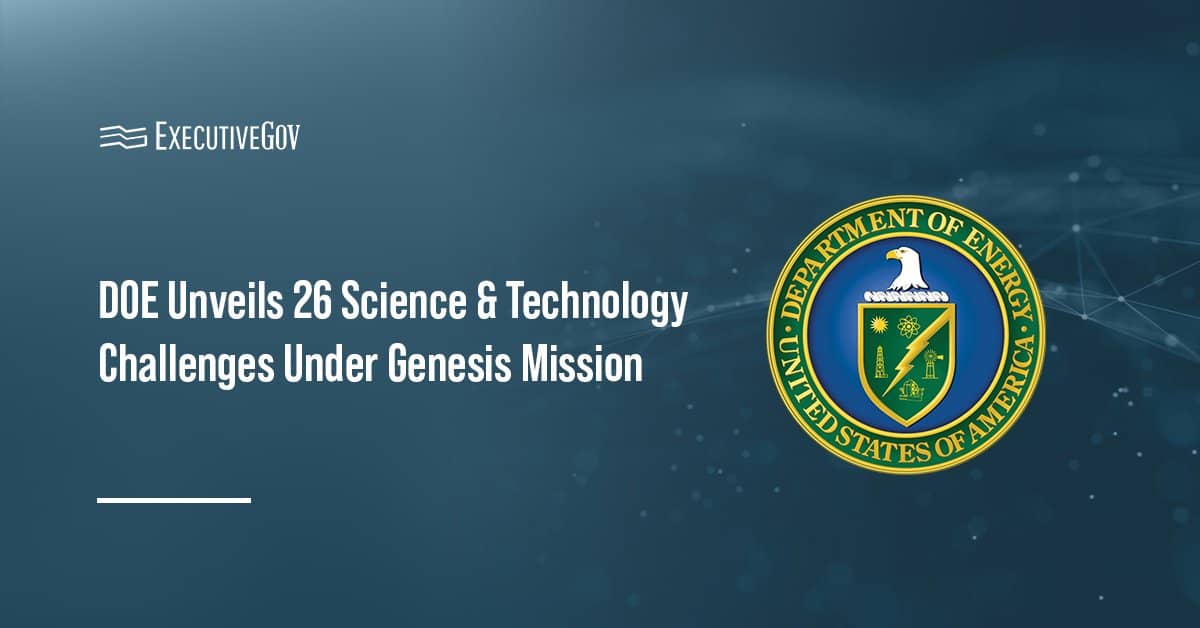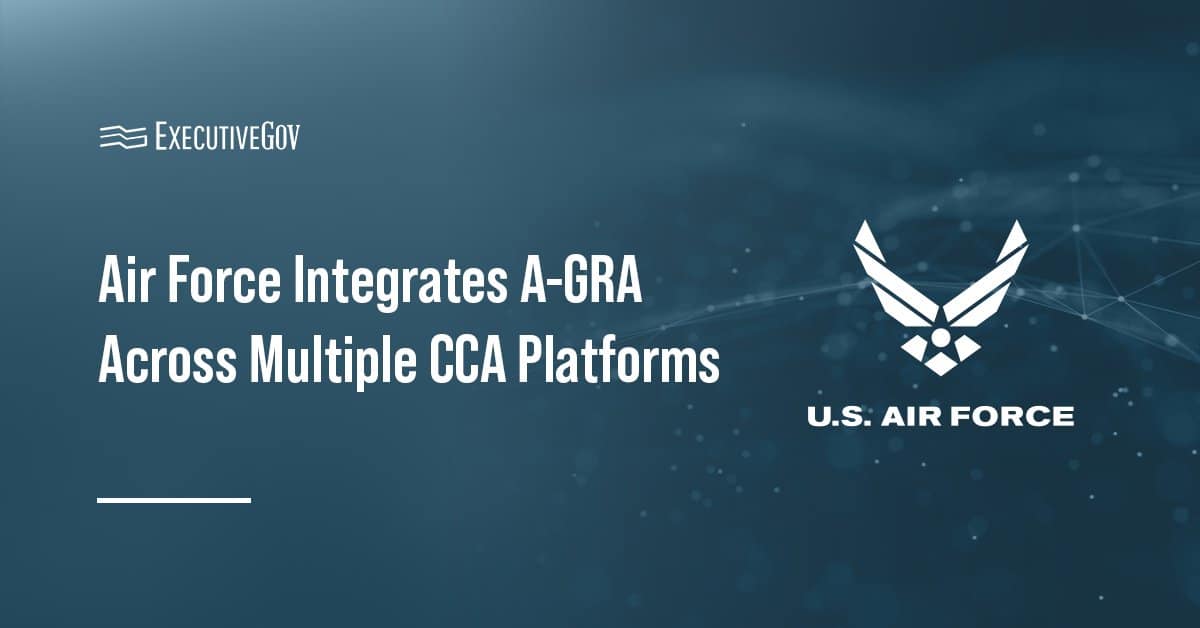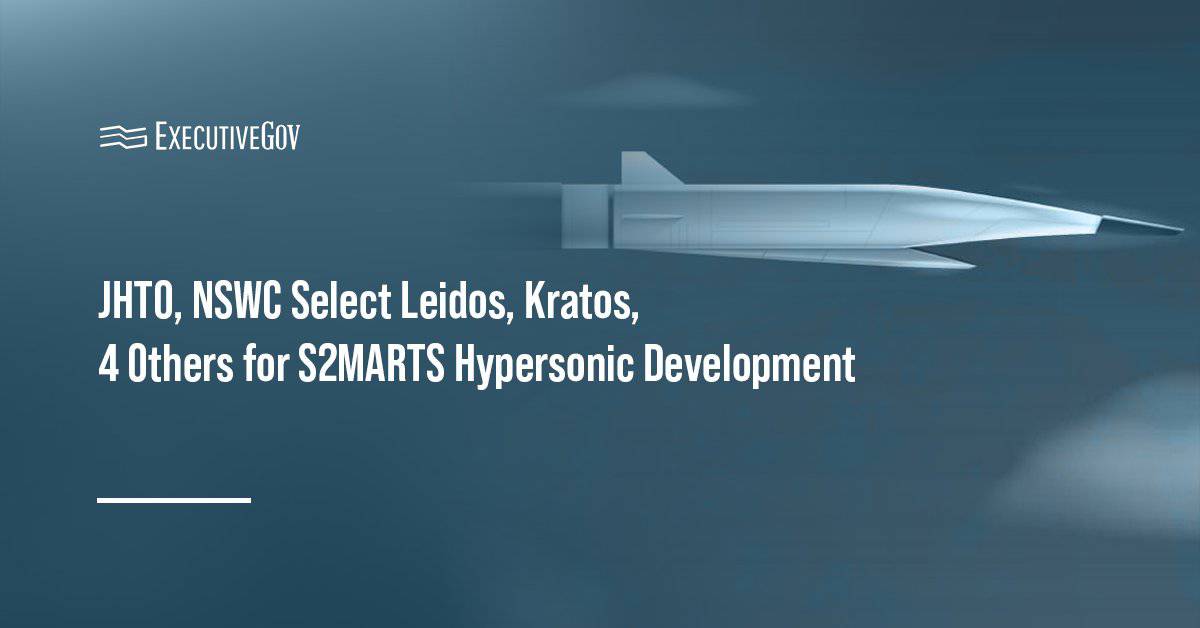The Department of Transportation aims to subject the complementary positioning, navigation and timing — or CPNT — technologies of nine companies to real-world field tests as part of a broader effort to promote CPNT adoption and enhance PNT resilience overall.
The DOT said Wednesday that over $7.2 million worth of contracts were awarded through the Volpe Center in response to the rapid phase of the agency’s Complementary PNT Action Plan.
The awardees and the value of their contracts are as follows:
- NextNav – $1.8 million
- Carahsoft – $1.5 million
- Microchip – $1.4 million
- Hoptroff – $934,076
- Locata – $778,630
- Safran – $245,300
- NAL Research – $144,599
- Parsons – $132,416
- TERN AI – $51,780
The CPNT technologies of the respective companies will be deployed at various test ranges six months after the award.





